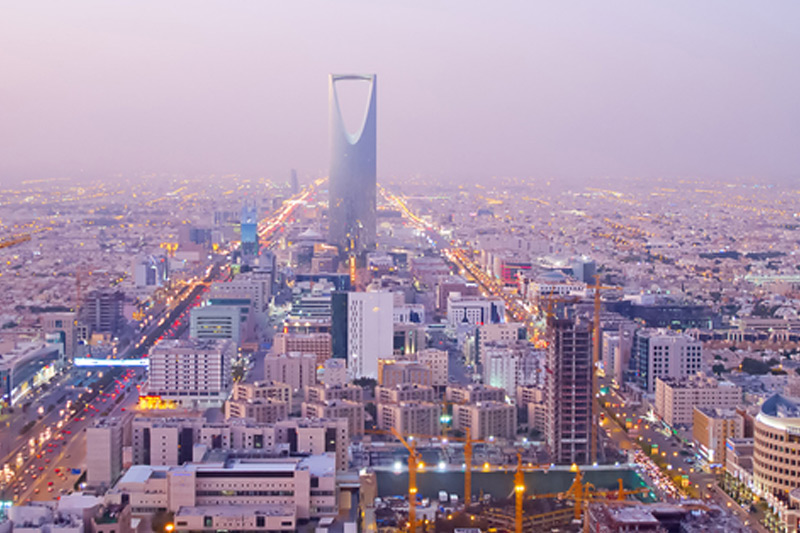By Kathleen Caulderwood - The global Islamic finance industry is worth anywhere from $1 to $1.6 trillion dollars. Demands for sukuk issues alone are forecast to top $100 billion this year.
Though Shariah-compliant banking has been spreading to Western countries, its largest markets have grown in places where Muslims dominate local populations -- and have money to spend.
A team of economists at the World Bank has begun to compile data and statistics about Islamic finance.
It hasn’t been easy.
“To date, there is a surprising lack of publicly available, consistent and up-to-date data on the size of Islamic assets on a bank-by-bank basis,” wrote Amin Mosheni-Cheraghlou, a World Bank economist, in a recent blog post in which he emphasized the importance of having such data.
However, the team has begun the process and has produced a database of the most popular markets for Islamic finance. Here are the four largest Islamic banks in terms of assets; the information is based on data from the World Bank Report, the Pew Research Center Global Religious Landscape Report and the 2013 Earnst & Young Global Islamic Banking Competitiveness Report.
1. Saudi Arabia: Bank Albilad (Total assets: $78.97 million)
It’s no surprise that the biggest bank is in Saudi Arabia, where Muslims account for at least 93 percent of the population.
2. Malaysia: RHB Islamic Bank Berhad (Total assets: $67.91 billion)
Though only 63 percent of Malaysia is Muslim, it is still one of the world’s largest markets in terms of population -- with more than 18 million.
3. Kuwait: Kuwait Finance House (Total assets: $52.23 billion)
Though the total Muslim population of 2.6 million seems small, it accounts for more than 74 percent of the country.
4. Bangladesh: ICB Islamic Bank Ltd (Total assets: $40.09 million )
Just under 90 percent of the country identifies as Muslim -- which makes for 1.3 million potential customers.
